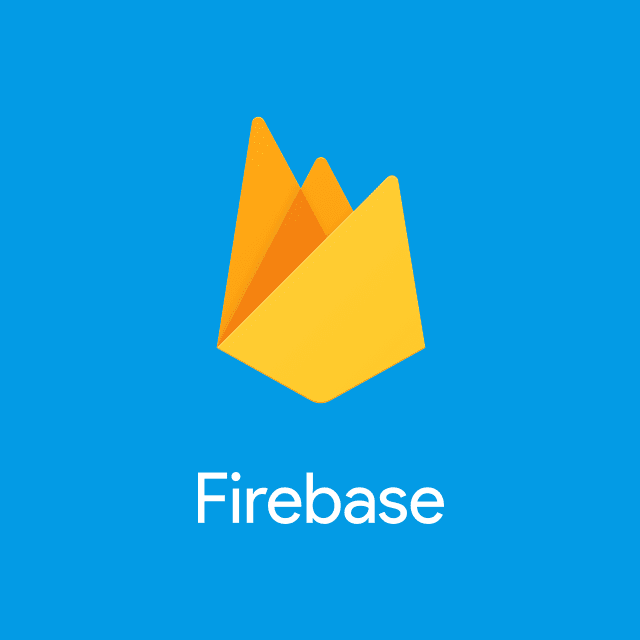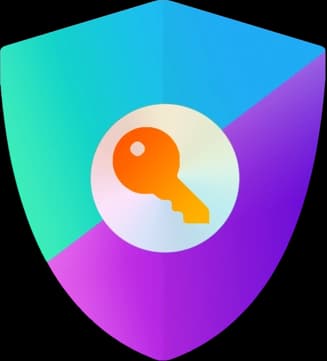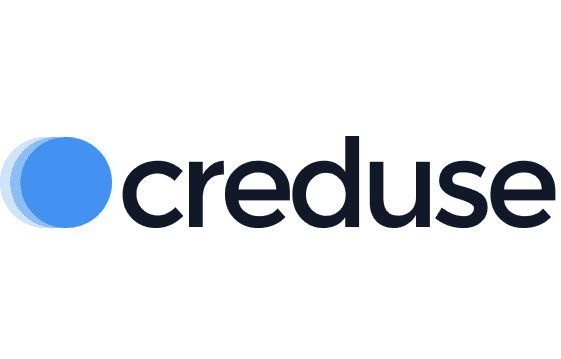GoPasswordless vs. Firebase
GoPasswordless
GoPasswordless is an authentication service and SDK that focuses on enabling passwordless authentication flows in web apps.
Firebase
Google's Firebase is an entire app development platform that's packed with features.It comes with storage, cloud functions, monitoring and, of course, user authentication. The free tier comes with 50,000 MAUs. Beyond that pricing start at $0.0055/MAU and goes down to as low as $0.0025/MAU as you scale to millions of users. Firebase authentication supports email and password auth, phone auth, magic links, two-factor authentication and social identity providers - mainly Google, Google Play Games, Facebook, Apple, Microsoft, Twitter, GitHub and OAuth access tokens.
| Item | Votes | Upvote |
|---|---|---|
| No pros yet, would you like to add one? | ||
| Item | Votes | Upvote |
|---|---|---|
| No cons yet, would you like to add one? | ||
| Item | Votes | Upvote |
|---|---|---|
| Easy to use | 1 | |
| Low price per monthly active user | 1 | |
| Generous free tier | 1 | |
| Easy SMS authentication | 1 |
| Item | Votes | Upvote |
|---|---|---|
| No cons yet, would you like to add one? | ||
Frequently Asked Questions
Firebase is a comprehensive app development platform by Google that includes user authentication among its many features. It supports various authentication methods such as email and password, phone auth, magic links, two-factor authentication, and social identity providers including Google, Facebook, Apple, Microsoft, Twitter, GitHub, and OAuth access tokens. Firebase is known for its ease of use, low price per monthly active user, and a generous free tier. GoPasswordless, on the other hand, specializes in enabling passwordless authentication flows in web apps. While both offer robust authentication solutions, Firebase might be preferable if you need a more feature-rich development platform with diverse authentication methods. GoPasswordless could be a better choice if your priority is specifically on implementing passwordless authentication.
GoPasswordless is an authentication service and software development kit (SDK) that focuses on enabling passwordless authentication flows in web applications. It aims to improve security and user experience by eliminating the need for traditional passwords.
The main features of GoPasswordless include passwordless authentication, easy integration with web apps, and improved security measures. It allows users to log in using methods such as email links, biometrics, or magic links, thereby reducing the risk of password-related vulnerabilities.
The benefits of using GoPasswordless include enhanced security, as it eliminates the risks associated with traditional passwords, and improved user experience, as users can log in quickly and easily without remembering complex passwords. It also reduces the chances of phishing attacks and credential stuffing.
Potential drawbacks of GoPasswordless might include the initial setup and integration process, which could require a learning curve for developers unfamiliar with passwordless authentication methods. Additionally, some users may need time to adapt to the new login methods, and there could be compatibility issues with older systems.
Firebase is Google's app development platform that offers a comprehensive suite of features, including storage, cloud functions, monitoring, and user authentication. It supports multiple authentication methods such as email and password, phone authentication, magic links, two-factor authentication, and social identity providers like Google, Facebook, Apple, Microsoft, Twitter, GitHub, and OAuth access tokens.
Pros of Firebase include its ease of use, low price per monthly active user, a generous free tier, and easy SMS authentication. Currently, there are no user-generated cons for Firebase.
The free tier for Firebase includes 50,000 monthly active users (MAUs). Beyond that, pricing starts at $0.0055 per MAU and can go as low as $0.0025 per MAU as you scale to millions of users.
Firebase supports multiple authentication methods, including email and password, phone authentication, magic links, two-factor authentication, and social identity providers such as Google, Google Play Games, Facebook, Apple, Microsoft, Twitter, GitHub, and OAuth access tokens.




















